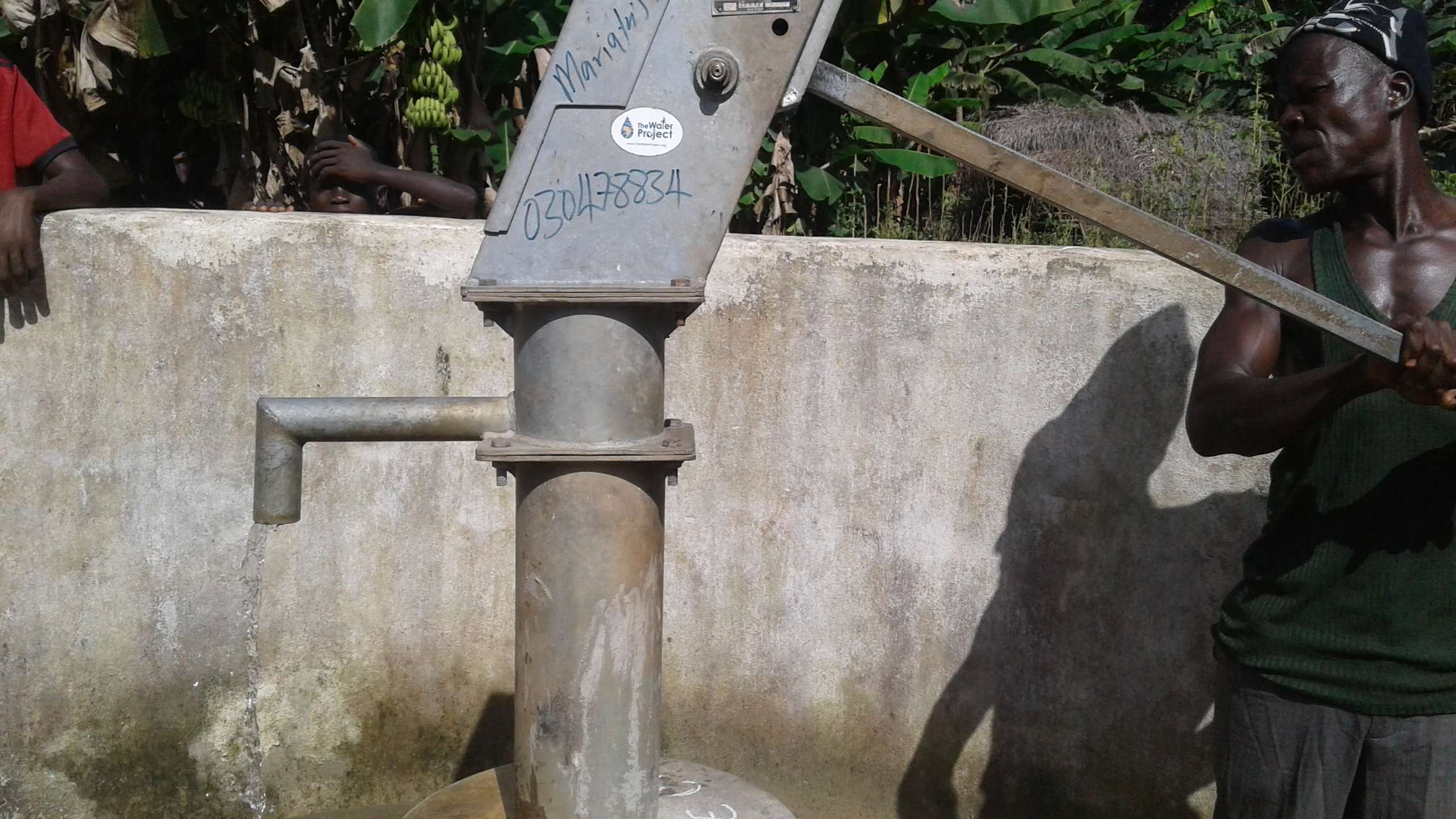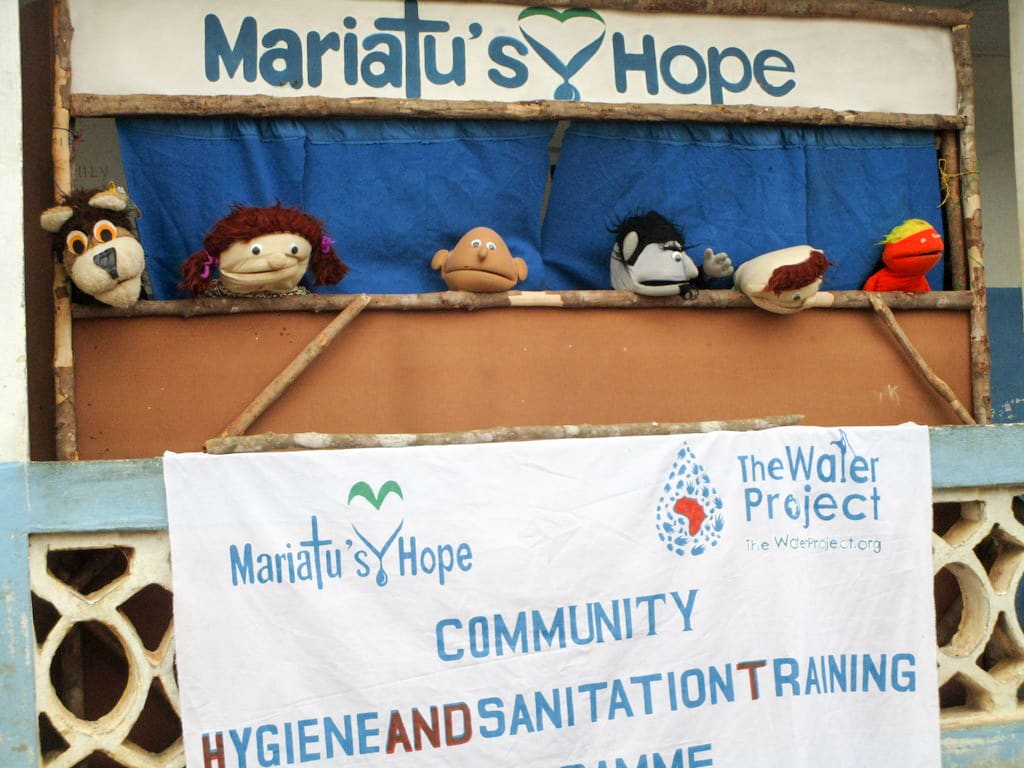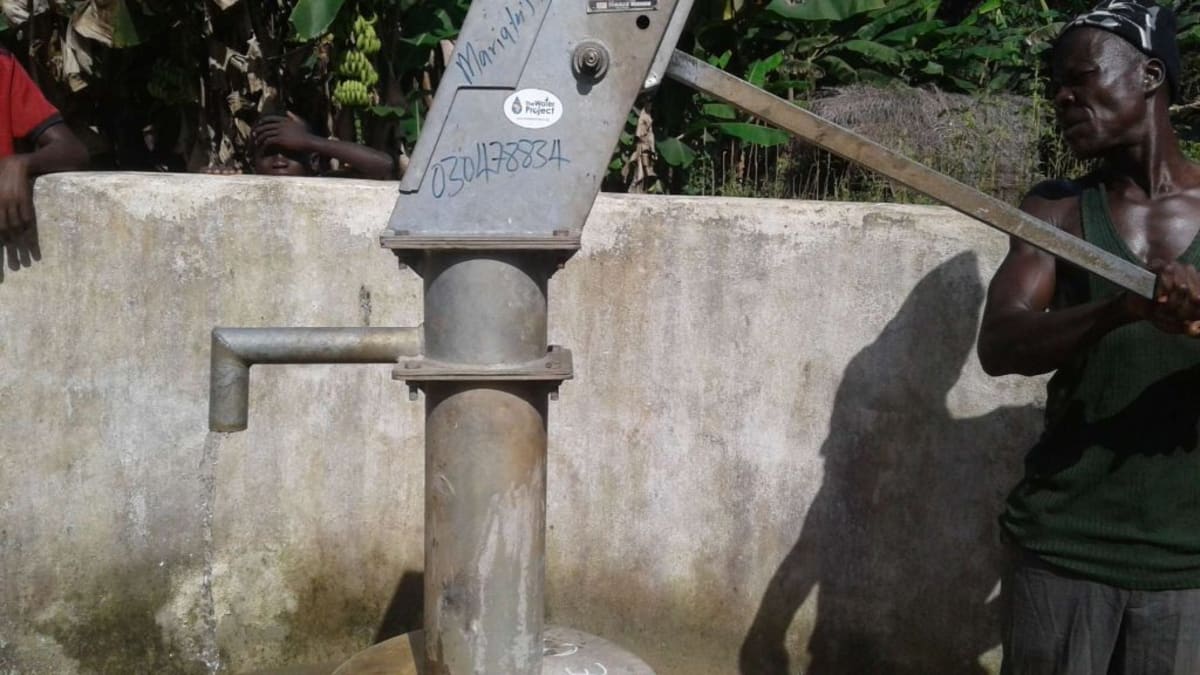Currently, two protected water sources in Mabendo Community are not functioning and the only alternatives for many people in this village are the swamp or unprotected wells.
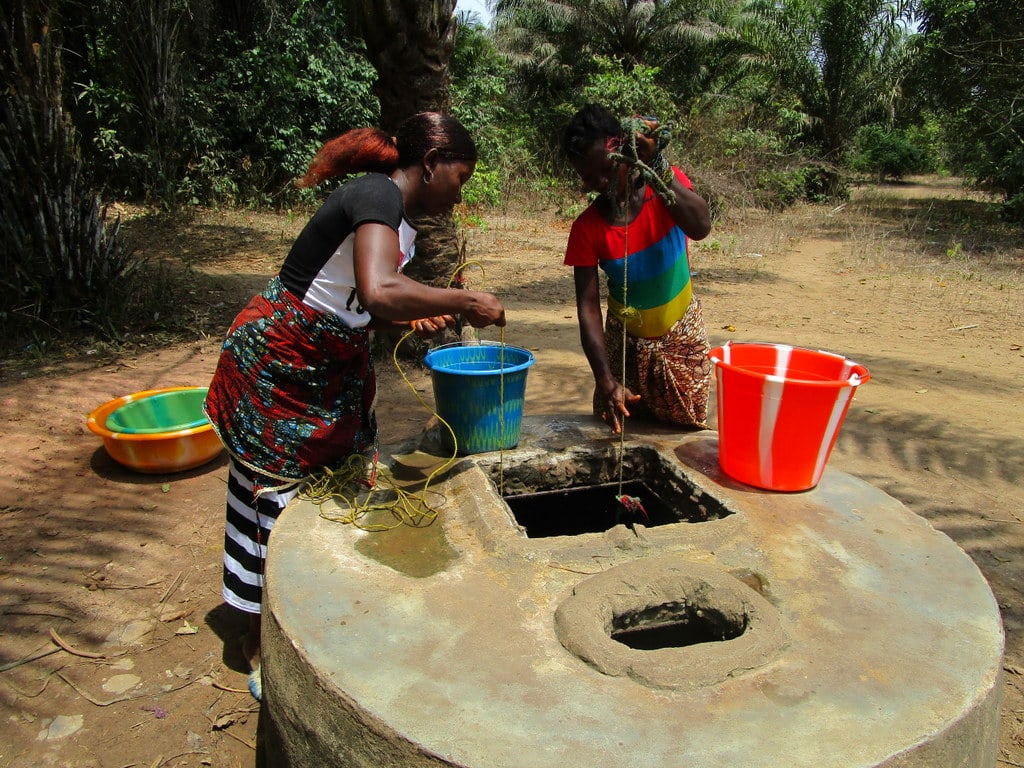
This village has three water wells and all of these wells are within walking distance of households. Unfortunately, two of these wells are non-functional. Even the well people are currently using has a very limited water supply and is prone to drying up.
Now that there is just one well with water in this community, everybody flocks there for water to drink, thereby causing heavy overcrowding at the well. There are also those living closest to the well who would wish to restrict access to different groups of people.
So the people have to trek a considerable distance to the swamp or the stream which are the current alternate water points.
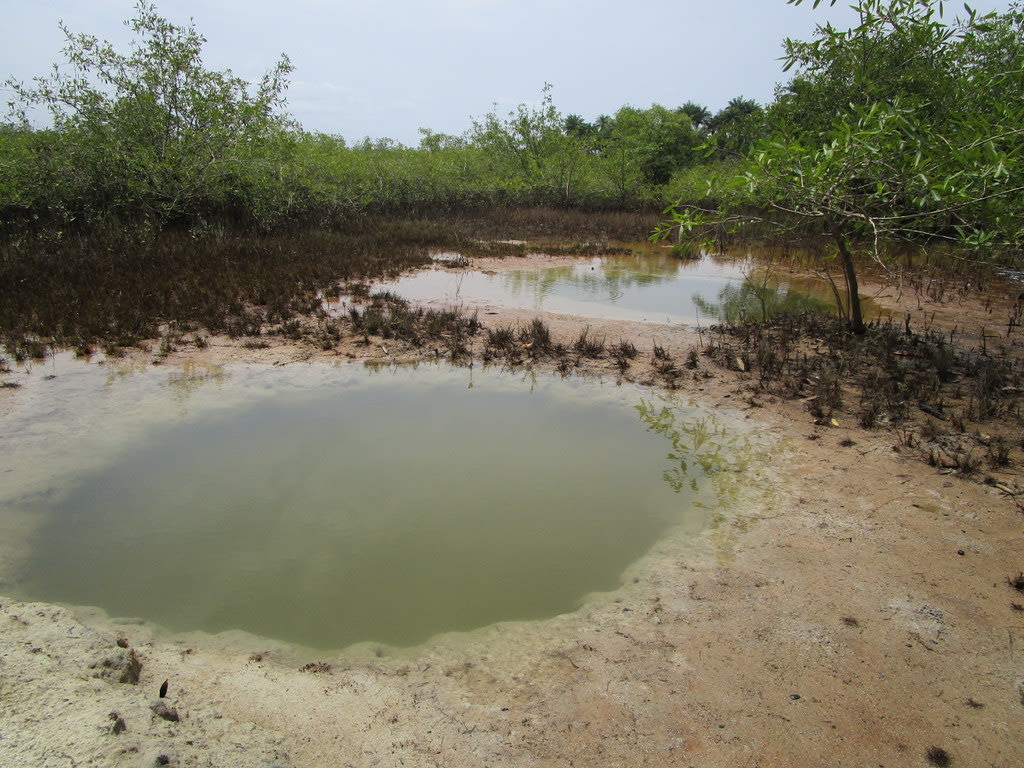
The swamp water is not good for the people in this community. We observed that the water is milky with a very bad odor. And because it is in the open and not necessarily controlled, the surrounding is not clean and prone to all sorts of contamination.
Rehabilitating the wells in this community will help ensure widespread access to safe water.
We are also rehabilitating another one of the wells located at the Mabendo Mosque. Go here to learn more.
Mabendo, like the other neighboring villages, is very rural. The village has yet to undergo any form of urbanization and therefore it is very peaceful and its vegetation is intact. The houses are mostly built from locally produced mud blocks and are built in straight lines on opposite sides of the major road in the village.
Because of the lack of education in this community, the people engage themselves in farming and few people also fish. But the majority of people make money by selling produce from their farms.
Most households here have latrines. However, the sanitation condition of the latrines was not impressive because most of them have the holes left open, which means that mosquito and flies will breed there and later invade the community. More so, there is rarely water available for handwashing.
What we can do:
Training
There will be hygiene and sanitation training sessions offered for three days in a row.
The hygiene and sanitation trainer decided it would be best to teach community members about the importance of handwashing, building and using dish racks, and other sanitation facilities. Pictures will be used to teach the community how to discern between healthy and unhealthy hygiene and sanitation practices. They will applaud the community for full latrine coverage but will also teach them how to improve by keeping flies out of the pits.
These trainings will also result in a water user committee that manages and maintains the new well. They will enforce proper behavior and report to us whenever they need our help solving a serious problem, like a pump breakdown.
Well Rehabilitation
We want to work on the well located in the community. Our team has decided to do the hard work of drilling a borehole by hand in the bottom of this well, which will not only increase the water quantity but will ensure its quality, too. A new well pad will keep contaminants out, and a new India MkII stainless steel pump will provide easy and safe access to the clean water inside.
This community has been drinking dirty swamp water and suffering the consequences. With our rehabilitating this open well, the surrounding community will be provided with plenty of safe, clean drinking water.

 Protected Dug Well
Protected Dug Well











